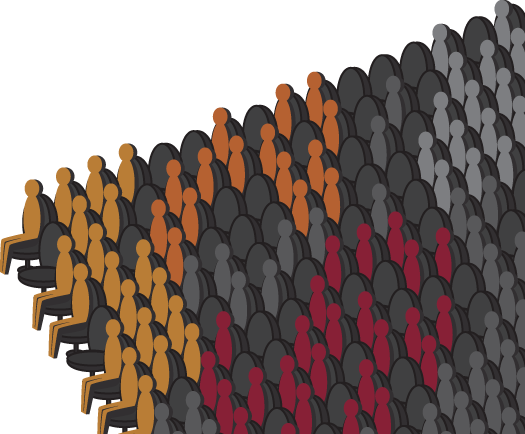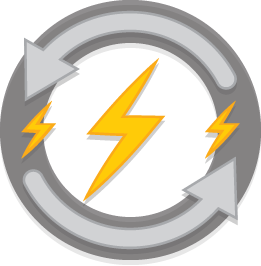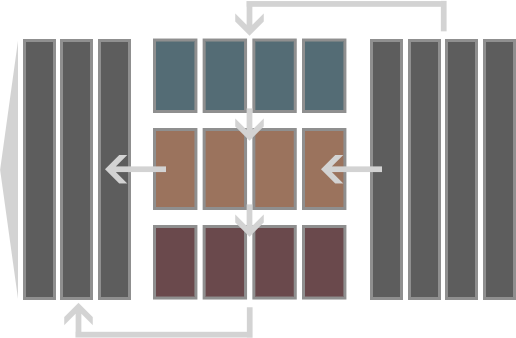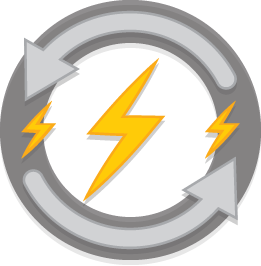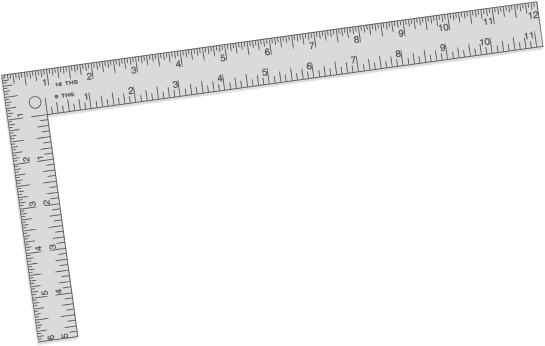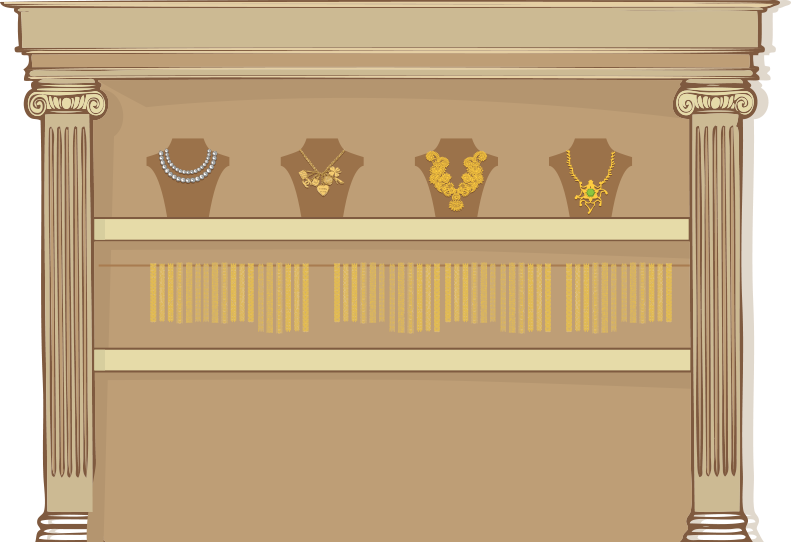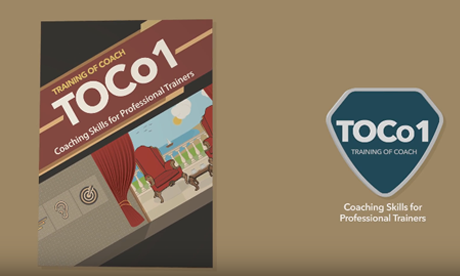Coaching Skills for Professional Trainers
Course Code TOCo1
Duration 4 Days / 32 Hours
Fees 1690 $
Introduction
Coaching is a branch of knowledge and a practice that is an essential competence for any education professional. Coaching creates an appropriate environment for innate talents to stand out, for goals to be accomplished, and for visions to be realized. This happens no matter what the case is, whether an external coach helping a manager to improve his own skills, an internal coach directing a supervisor to more participatory style, or a director using coaching tools to achieve organizational strategy.
At the end of this training you will be able to return to your workplace and apply your own coaching tools.
Who is this program for?
This program is for trainers and educational & training consultants who participant in designing and provide training for customers, whether external or internal.
Program’s objectives
At the end of this training program you will be able to:
- Recognize Coaching and its benefits
- Recognize the 4 steps Coaching Map
- Recognize the differences between Dialogue and Discussion
- Discover 4 Steps model to support Coaching Discussions
- Recognize how credibility is important
- Recognize & follow Moral Guidelines
- Evaluate Client Readiness
- Build necessary Rapport for Coaching
- Conclude Official and Unofficial Coaching Agreements
- Recognize Data Collection Sources and Methods
- Help the client to Identify current & future situation
- Help the client to set measurable goals
- Help the client who is stuck
- Choose appropriate tools to Monitor Progress
- Support the clients to use new Tools and Techniques
- Celebrate achieving goals
- Discover Coaching levels and its evaluating methods
- Apply Evaluating Learning Checklist
- Determine “Lessons learned”
- Plan and conduct a final speech
- End the Coaching Process
What You Will Learn?
Fundamentals
Where is Coaching in the System
Coaching Map in 4 Steps & Activities for each step
Coaching Definitions, Roles & Dimensions
Elements of Intentional Coaching
How to Create a Coaching Plan for Self-Development?
Communicating Effectively
What Supports Effective Communication
What is Dialogue?
Coaching Model in 4 Steps
Self-Evaluation for Listening
4 Dialogue Tools for Paving the Way
Connect with the Client
15 guidelines for building credibility
What are the ethics of coaching
Discover how to assess readiness
Use a Tool to Predict Organizational Change Readiness
How to Develop and Sustain Rapport
How to draft Coaching Agreements
Assemble Plans
How to Evaluate Coaching Needs?
Most Important Data Collection Methods in a Comprehensive Table
How to choose the Best Method to Collect Data
How to Design & Take Actions
The Coach as a Guide
Coach as a Motivator
Use Process-Steps Worksheet
Coach as a Teacher
Continue and Support Progression
How to Help the Client who is Stuck
Discovering Barriers & Strategies to help the Client who is Stuck
How to Monitor Client Progress?
Three Tools to Track the Progress
Have Results Shared
Discovering Coaching Levels Evaluation and Methods
How to Evaluate Coaching Provision Services
What is the Continuous Improvement Process
How to create “Lessons Learned” Work-Sheet
Applying Final Conversation Check List
Coach as a Monitor






























